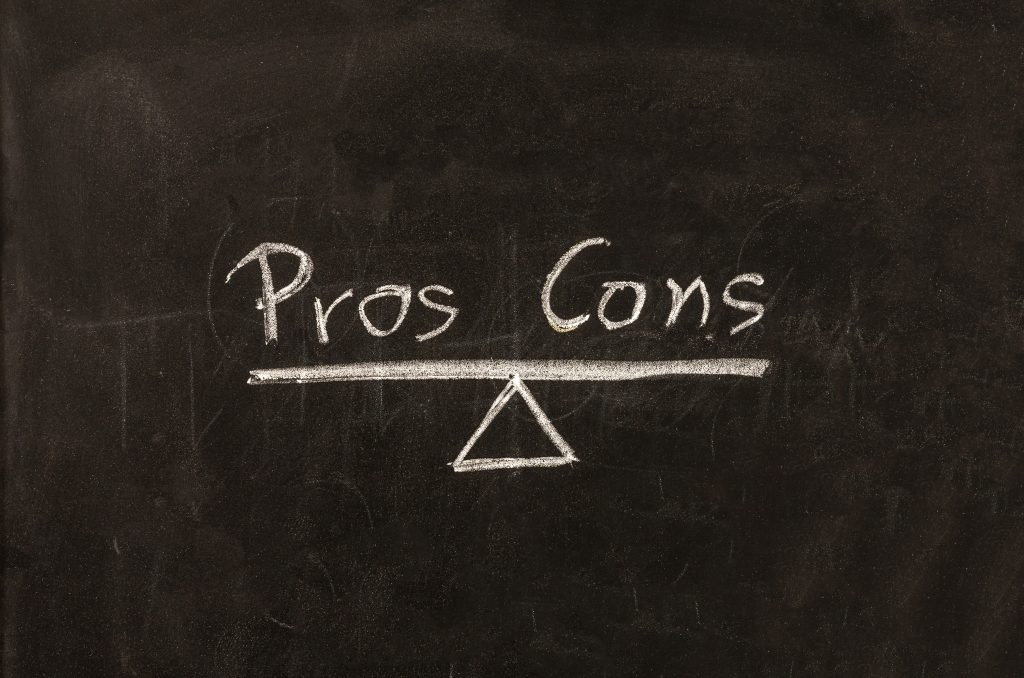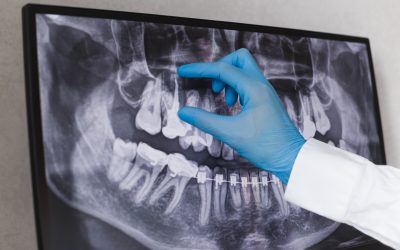When it comes to healthcare, determining are you required to have dental insurance or not can be a puzzling decision. Though dental health plays a substantial role in overall well-being, dental insurance is often separated from medical coverage. This separation may lead many to wonder if it is a necessary component of your healthcare coverage.
Unlike medical insurance, dental coverage for adults is not considered an essential health benefit. Health plans are not obligated to provide dental insurance for adults, so it is up to the individual to decide if purchasing a dental plan is right for them.
Recognizing your dental needs and weighing the costs and benefits of dental insurance are important factors to consider when deciding to purchase dental coverage. Some may find that dental insurance is a prudent investment, while others may find alternative payment options more suitable for their situation.
Are You Required to Have Dental Insurance?
No, you are not typically required to have dental insurance. Dental coverage is, however, considered an essential health benefit for children. With this in place, it means that if you're purchasing health coverage for children 18 or younger, dental coverage must be an available option, either included in your health plan or as a separate dental plan. However, this mandatory accessibility does not mean you must purchase the child's coverage.
Adult dental insurance is not legally required, and it often comes down to personal preference or employer-provided options. Some people may choose to forego dental insurance, while others may purchase a plan to help mitigate dental treatment costs.

Dental insurance costs vary, with premiums commonly in the range of $20 to $50 per month. Low-cost plans may be available for as little as $10 per month, but more comprehensive coverage will have higher premiums.
To assist with dental expenses without insurance, some individuals might designate a monthly amount in their budget, such as $10, to cover potential dental costs. This amount can vary depending on personal financial circumstances.
Factors That Influence Dental Insurance Requirements
While dental insurance is not generally required, several factors can influence the requirements for individuals, including employer mandates, state regulations, and federal healthcare policies.
Employer Mandates
Some employers may require their employees to obtain dental insurance as part of their benefits package. This type of requirement is more common in companies with generous benefits packages or specific occupational requirements, where good oral health is considered essential. However, reviewing your employment contract and benefits is always a good idea, as the requirements may vary from one employer or job position to another.
State Regulations
Currently, no states require individuals to have dental insurance, but some states may require specific populations to have coverage. For example, states may require children under a certain age to have dental insurance under public insurance programs like Medicaid or the Children's Health Insurance Program (CHIP). It is essential to review your state's dental insurance requirements, especially if you have children, to ensure you comply with any regulations.
Federal Healthcare Policies
At the federal level, dental insurance is not explicitly required for adults. However, the Affordable Care Act (ACA) includes pediatric dental coverage as one of the essential health benefits, leading to an increase in the number of children receiving dental insurance from public programs or private insurance plans. Additionally, for seniors, Medicare does not typically cover dental services. Still, there are options to purchase supplemental dental insurance or enroll in a private Medicare Advantage plan that includes dental services. So although dental insurance is not a federal requirement for most adults, federal policies may influence your dental coverage decisions.
Alternatives to Dental Insurance
While dental insurance is not legally required, there are affordable alternatives for those seeking dental care without traditional insurance. Two popular options are Dental Discount Plans and Government-Sponsored Programs.
Dental Discount Plans
Dental Discount Plans are an alternative to traditional dental insurance offering significant dental care service reductions. These plans require a low annual fee in exchange for discounted dental procedures.
Some of the advantages include:
-
- No waiting periods
- No annual cap on benefits
- Quick enrollment and activation
Keep in mind that while discounts can range from 20% to 60% on various dental procedures, dental discount plans are not insurance, and members are required to pay for services out-of-pocket at the time of service.
Government-Sponsored Programs
Another option for affordable dental care is utilizing government-sponsored programs, such as Medicaid and the Children's Health Insurance Program (CHIP). These programs provide low-cost or no-cost dental care to eligible individuals and families.
Medicaid, a state and federal program, covers dental services for eligible children and sometimes adults. Medicaid dental coverage varies by state and may include preventative and diagnostic services, restorative treatments, and sometimes even major dental procedures. You can either contact your local Medicaid office or head to your state's Medicaid website to see if you qualify.
The Children's Health Insurance Program (CHIP) is a federal and state program that offers dental coverage to uninsured youth up to age 19. This program can cover services such as dental exams, cleanings, fluoride treatments, and necessary dental treatments (cavities, broken teeth). Contact your state's CHIP agency or visit the InsureKidsNow website to learn more about CHIP and eligibility.

Weighing the Pros and Cons of Dental Insurance
Understanding whether or not dental insurance is necessary requires examining the pros and cons of having dental insurance. In this section, we will explore the advantages and disadvantages of dental insurance to help you determine whether it's the right choice for you and your family.
Advantages of Having Dental Insurance
Dental insurance offers several advantages, including:
-
- Motivating you to visit the dentist regularly by covering preventive care, such as checkups and cleanings, at 100%
- Affordable premiums that make it easier to budget for dental care
- Access to a network of dentists that participate in managed dental care plans, such as HMOs and PPOs
- Helping to alleviate the cost of some procedures, making dental treatments more accessible
Potential Disadvantages of Having Dental Insurance
While dental insurance has its benefits, it also comes with some disadvantages:
-
- Not all services, such as orthodontia, may be covered by your dental insurance
- Some plans have annual maximums, limiting the amount of coverage they provide within a year
- If you don't use your dental insurance often or require minimal dental care, the premiums can end up costing more than the services you use
- Managed dental care plans may require you to choose a dentist from a specific network, potentially limiting your choices

Final Thoughts on Are You Required to Have Dental Insurance
Dental insurance offers numerous benefits, such as reduced out-of-pocket costs for dental care, access to a broad network of dental professionals, and covered preventive services promoting oral health. These advantages can lead to better dental care and improved general well-being. However, there are also drawbacks to consider. Dental insurance may have limitations on coverage, waiting periods, and annual maximums, potentially leaving policyholders with considerable expenses. Additionally, some individuals may not utilize their dental insurance enough to justify the cost of premiums.
In the end, are you required to have dental insurance? You can see that dental insurance is not a one-size-fits-all solution. It encompasses various factors such as individual needs, financial considerations, and regulatory aspects. This article has examined the factors that influence dental insurance regulations, alternatives to dental insurance, and the pros and cons of dental insurance. The ultimate decision of whether or not to acquire dental insurance depends on one's personal circumstances and preferences. By doing so, individuals can make informed choices that best suit their needs and ensure they receive the appropriate dental care for a healthy and confident smile.




